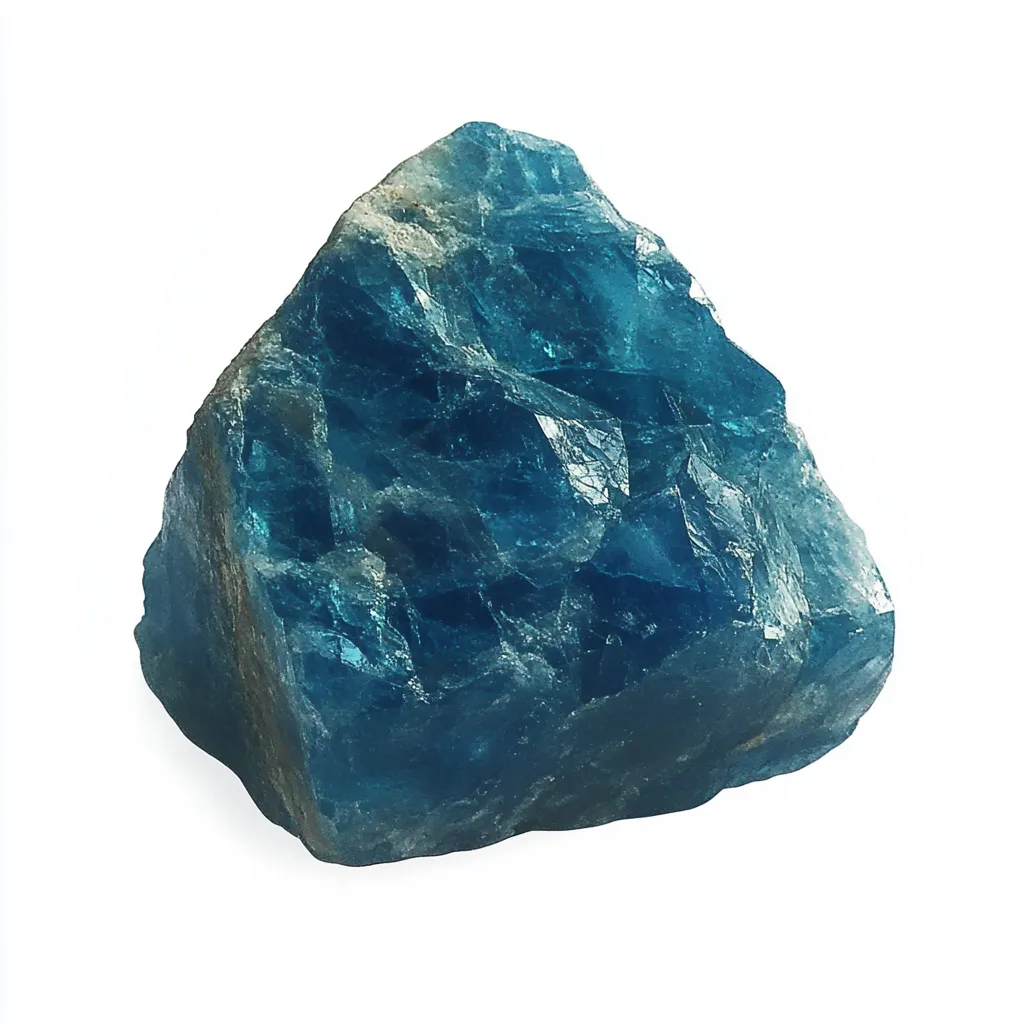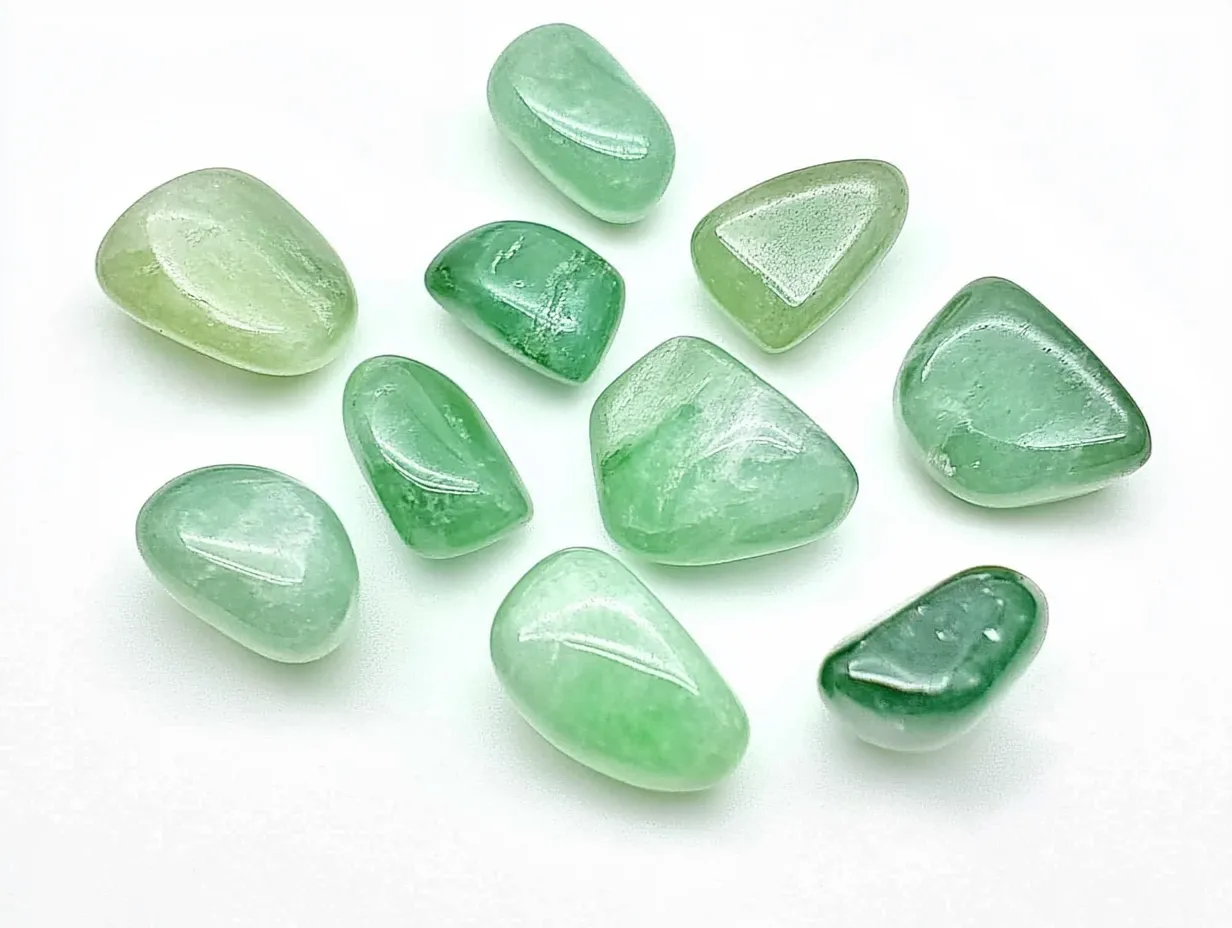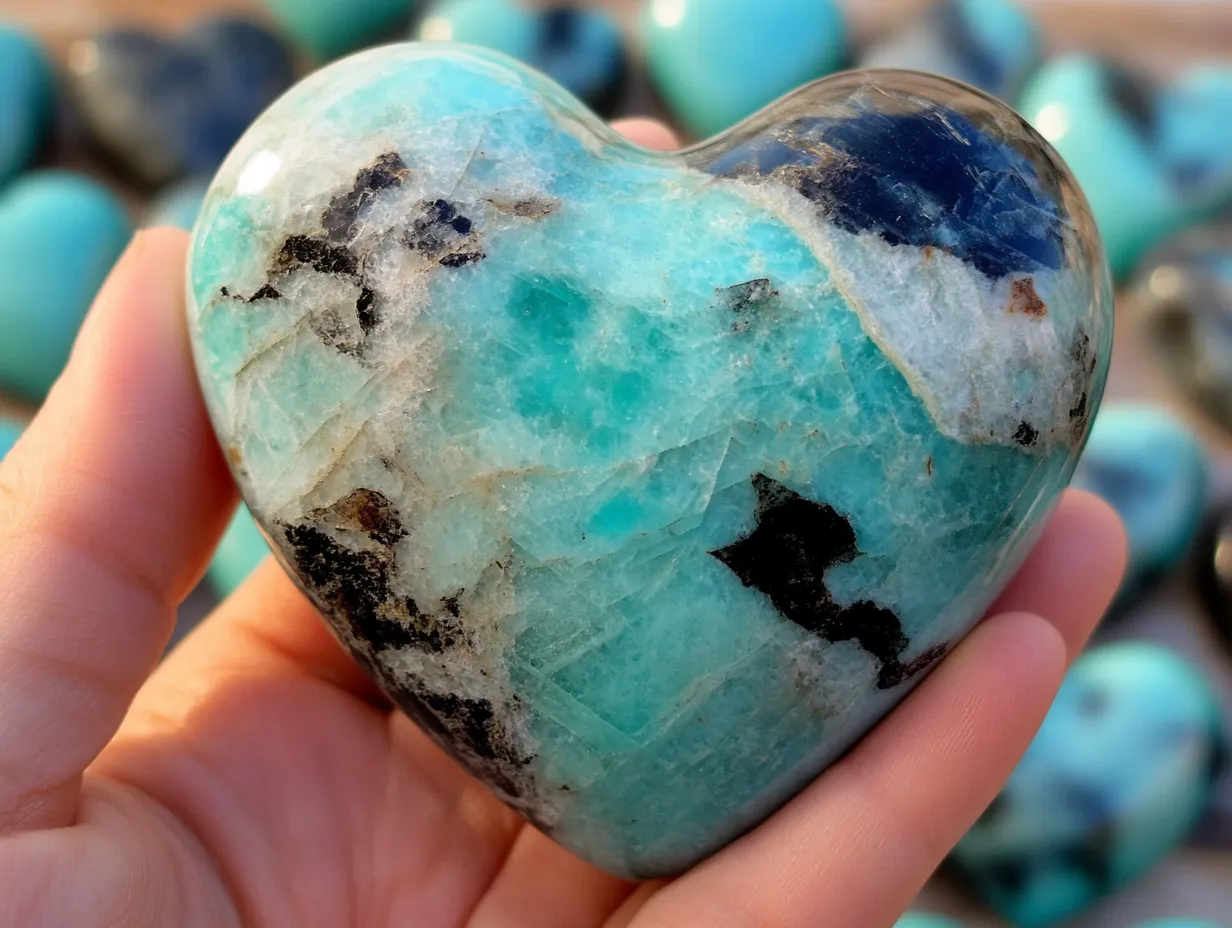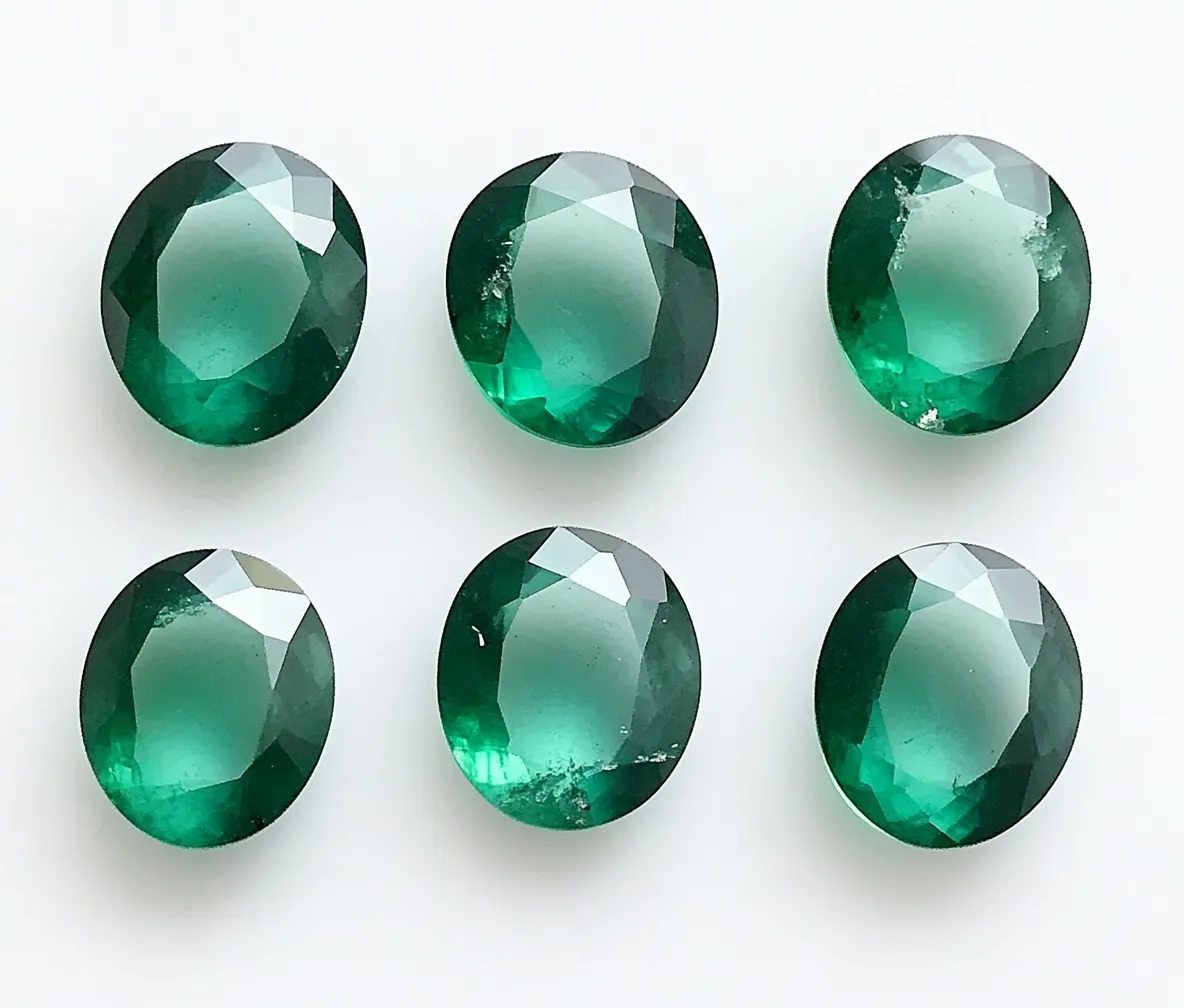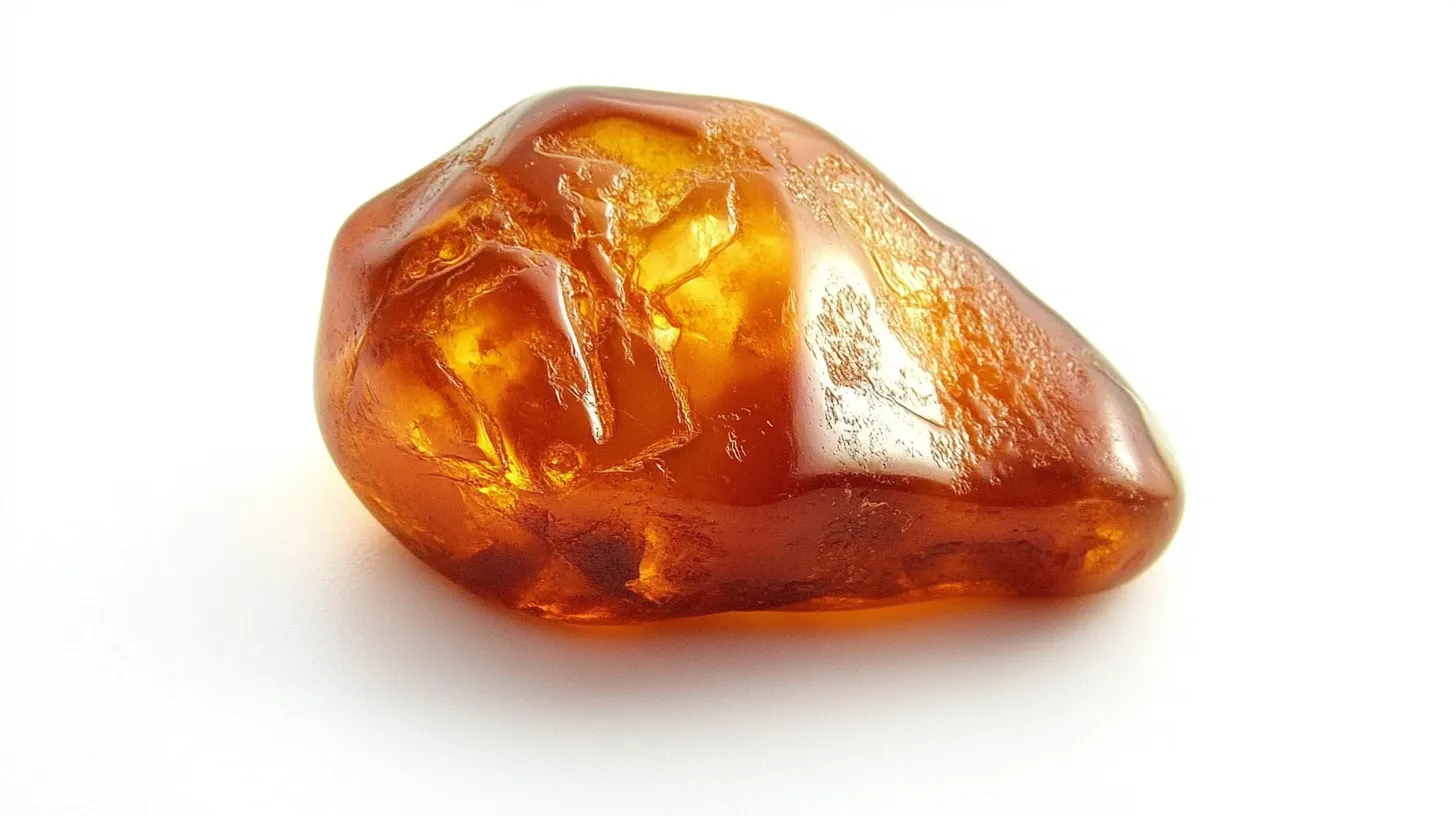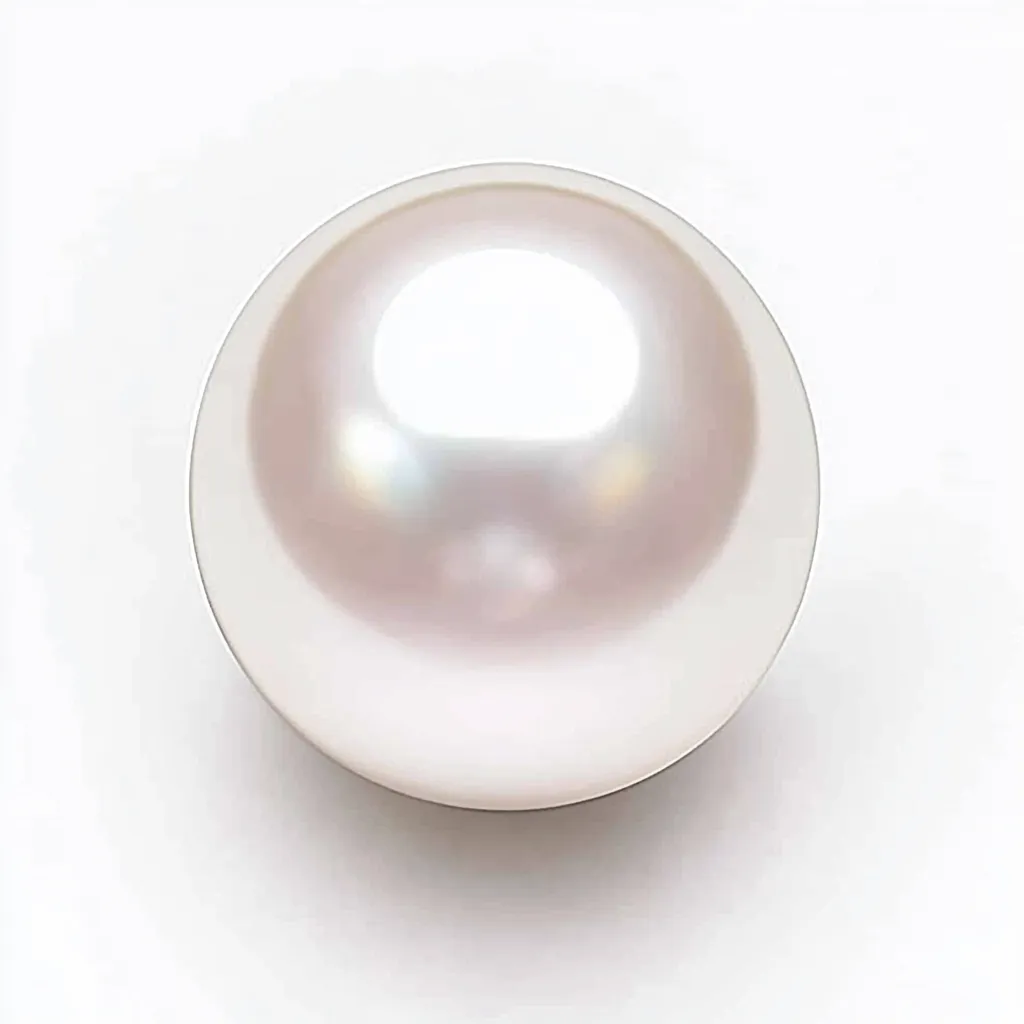Amethyst Crystal
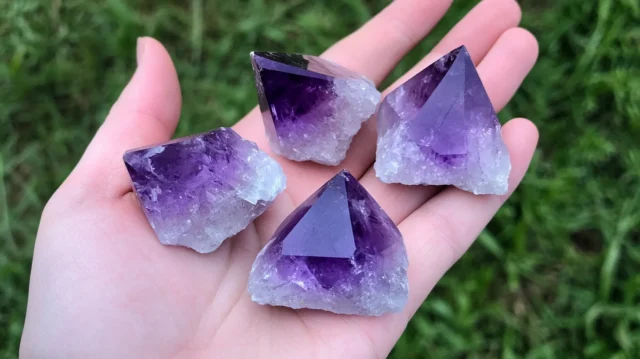

Amethyst Crystal’s Introduction
Among the most famous and cherished crystals available worldwide is amethyst. Its captivating purple tones have enthralled people for millennia; thus, it is a mainstay in home décor, spiritual activities, and jewelry. Considered to help balance emotions, improve intuition, and foster inner peace, this crystal is well known for its relaxing and protective qualities. When someone wants mental clarity or peace in their life, many crystal aficionados reach for amethyst. Amethyst shines a calming energy that appeals to many, whether raw, polished, or as an accessory.
Usually connected with spirituality and greater consciousness, amethysts are supposed to open the third eye and crown chakras, facilitating meditation and spiritual development. It is a favorite among those who do energy work or wish to bring positive vibrations into their surroundings because of its ability to resist negative energies. Derived from the Greek word “amethystos,” meaning “not intoxicated,” the name “amethyst” suggests historical use as a stone of sobering and protection.

Amethyst’s History and Cultural Value
Rich in history, amethyst goes back thousands of years. Respected for its beauty and supposed magical qualities, ancient civilizations, including the Greeks, Romans, and Egyptians, prized this crystal. Believing it would guard them in the next world, Egyptian nobility frequently wore amethyst in their jewelry and burial amulets. The Greeks thought amethyst might stop drunkenness and connected it with the god Dionysus, the deity of wine and festivity. Sometimes amethyst was carved into wine goblets to assist in sobering drinkers.
Amethyst was regarded as a royal and military emblem in the Middle Ages. Amethyst jewelry was worn by European kings and clergy, who connected it with divine knowledge and defense against evil powers. As a symbol of their spiritual purity, bishops and cardinals have worn amethyst rings throughout Christian history. Amethyst is still a sought-after gemstone today because of its metaphysical as well as cosmetic qualities.
| Historical Period | Amethyst Utilization |
|---|---|
| Ancient Egypt | Jewelry and burial amulets for protection |
| Classical Greece | Believed to prevent intoxication, linked to Dionysus |
| Middle Ages | Symbol of royalty, used by clergy |
| Modern Era | Popular in spiritual practices and jewelry |

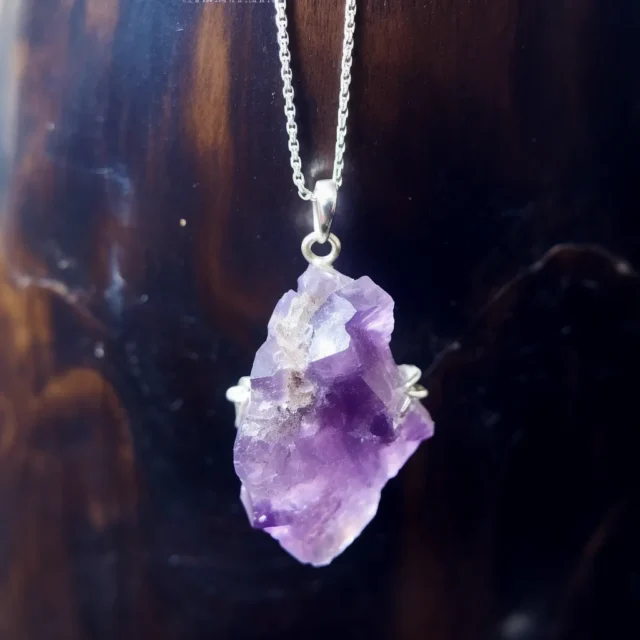
Physical Characteristics of Amethyst Crystal
One type of quartz is amethyst, which stands out for its vivid purple hue that might run from light lavender to deep violet. Iron and natural radiation exposure inside the crystal structure provide the coloration used here. Usually found in geodes and clusters, amethyst crystals show six-sided prism form. Because these formations can take many different forms and sizes, every piece is individual. On the Mohs hardness scale, the crystal ranks 7; thus, it is rather durable but still vulnerable against stronger materials.
Though there are major concentrations in Brazil, Uruguay, Russia, and Africa, amethyst is found all around the globe. Certain amethyst crystals show a phenomenon known as color zoning, whereby several purple tones show within the same stone. Amethyst can turn color to yellow or green when heated to high temperatures, respectively, producing citrine or prasiolite. Sometimes, people intentionally undergo this metamorphosis to create substitute gemstones for jewelry.
| Physical Property | Details |
|---|---|
| Mineral Class | Quartz |
| Hardness | 7 (Mohs scale) |
| Common Locations | Brazil, Uruguay, Russia, Africa |
| Color Variations | Light lavender to deep violet |

Amethyst as a Birthstone
Among the most important features of amethyst crystal is its February birthstone designation. For those born in this month, amethyst is a birthstone known to bring clarity of mind and spiritual insight. Many people think that wearing this gemstone promotes emotional stability, shields from negative energies, and sharpens intuition. People born in February therefore often treasure amethyst stones for their spiritual and personal qualities.
Amethyst Crystal Healing: Attributes and Uses
Amethyst is quite well-known for helping to encourage mental clarity and emotional balance. Its calming energy makes it a frequent choice in meditation and relaxation techniques. People believe it helps clear the mind and promote a state of peace, so they turn to amethyst to ease stress, anxiety, and emotional upheaval. It is also supposed to help with sleep since it is said to prevent nightmares and encourage peaceful slumber when rested under a pillow or close to a bed.
Amethyst is believed to have physical healing powers in addition to psychological and emotional recovery. It helps many crystal healers with headaches, hormonal balance, and general immune system support. Some even assert that amethyst stimulates cell regeneration and aids in the body’s self-detoxification process. Amethyst is a wonderful friend for those looking for a harmonic and balanced life, whether worn as jewelry, kept in a room, or used in meditation.
| Healing Benefit | Effect |
|---|---|
| Emotional Balance | Reduces anxiety and stress |
| Sleep Aid | Promotes peaceful sleep, prevents nightmares |
| Physical Healing | Supports detoxification and immune system strength |
| Mental Clarity | Improves focus and decision-making |

Various Types of Amethyst
Although the most well-known color is classic purple, amethyst stones come in many tones and varieties. Depending on the mineral content and formation circumstances, amethysts can have a pale lavender-to- deep violet color. Blue amethyst is a rare gemstone with a striking bluish tint that makes it unique and much sought after. Chevron amethyst is another wonderful variation with unique white and purple quartz bands that provide a lovely contrast. Many times, chevron amethyst’s meaning is connected with increased intuition, protection, and spiritual development.
| Amethyst Type | Characteristics |
|---|---|
| Classic Purple Amethyst | Traditional variety, found in geodes |
| Chevron Amethyst | White quartz bands, ideal for meditation |
| Brandberg Amethyst | Rare combination of clear quartz, smoky quartz, and amethyst |
| Ametrine | A mix of citrine and amethyst |
Advice on Cleansing Your Amethyst Crystal
Regular cleansing is absolutely necessary to keep amethyst working as it should. Running amethyst under lukewarm water is one of the simplest methods of cleansing it. Although ideal natural water sources are rivers or rainwater, tap water performs equally. Rinse it, then gently dry it with a soft cloth. Smudging with sage or palo santo is another approach to release any negative energy kept in the crystal.
Amethyst can also recharge under the moon, especially during a full moon. Unlike some crystals, prolonged exposure to direct sunlight can fade amethyst’s color. Other beneficial cleansing techniques are laying it on a bed of Himalayan salt or applying sound vibrations, such as singing bowls.

Conclusion
For many, amethyst crystal remains a priceless gemstone from its historical relevance to its contemporary uses. There is no denying the ongoing attraction of this wonderful crystal, whether you’re drawn to its spiritual qualities, its function as a birthstone, or its captivating beauty in jewelry. Whether raw, polished as an amethyst cabochon, or set in white gold, this gemstone stays a potent emblem of peace, wisdom, and protection.
Questions And Answers
